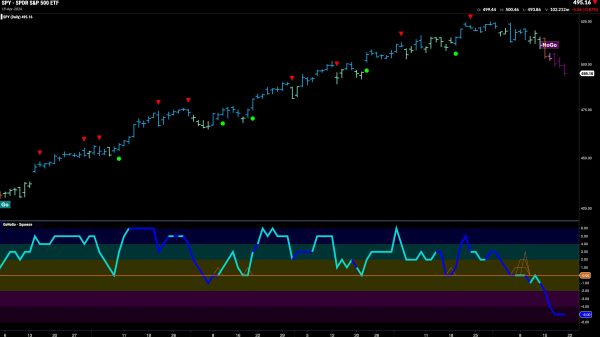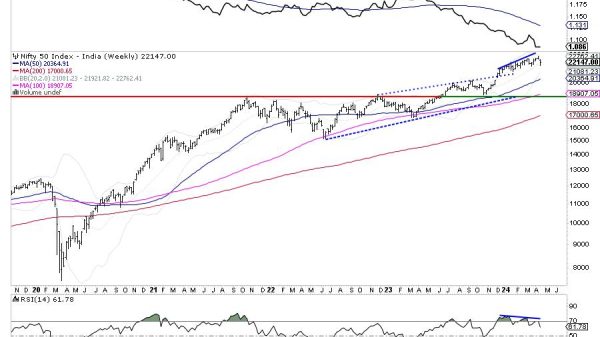WASHINGTON – The debt ceiling deal that US President Joe Biden and House Republican Kevin McCarthy agreed over the weekend adds new conditions to food aid that will impact one segment of the US population specifically – GenXers with no dependents.
The deal targets recipients of the Supplementary Nutrition Program, or SNAP, between the ages of 50 and 54, adding new requirements that they work 20 hours a week to receive the aid.
Previously, work requirements to receive SNAP ended at age 50.
After weeks of negotiations, McCarthy and Biden forged a tentative agreement late on Saturday. The deal needs to still pass through the narrowly divided Congress before the Treasury Department runs short of money to cover all its obligations.
People who have dependents, including children under age 18 or elderly people who rely on them, or people with disabilities, are already exempt from these work requirements, and will remain so. The deal also exempts veterans and homeless people.
“The agreement phases in and then sunsets SNAP time limits to people up to age 54, which the president fought hard against,” one source briefed on the negotiations said.
Republicans argue that the work requirements encourage people to get back to work.
The US’s approximately 65 million members of Gen X, those born between 1965 and 1980, are sandwiched between Baby Boomers, the generation born after World War II, and millennials.
As a group, they saw their wealth jump during the Trump administration and even during the COVID pandemic.
However, hundreds of thousands of GenXers living below or near the poverty line are likely to be impacted by the new work requirements.
SNAP benefits are available for Americans whose income is less than 130% of the federal poverty line, or about $1,500 a month for a one person household, or $2,000 for a two-person household in many areas.
Before temporary increases during the COVID pandemic that have since been reversed, these benefits averaged about $121 per person per month, or about $4.00 per person per day, the Center on Budget and Policy Priorities found. – Reuters























